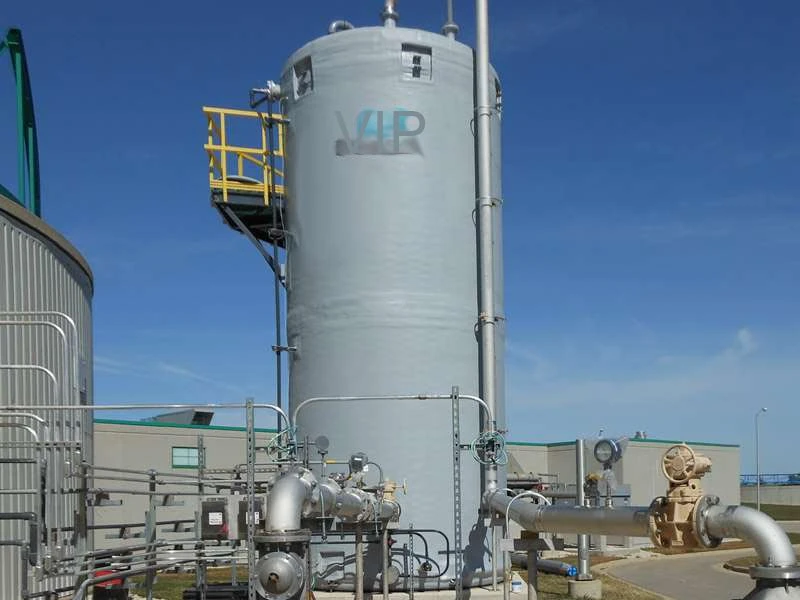
-
 Afrikaans
Afrikaans -
 Albanian
Albanian -
 Amharic
Amharic -
 Arabic
Arabic -
 Armenian
Armenian -
 Azerbaijani
Azerbaijani -
 Basque
Basque -
 Belarusian
Belarusian -
 Bengali
Bengali -
 Bosnian
Bosnian -
 Bulgarian
Bulgarian -
 Catalan
Catalan -
 Cebuano
Cebuano -
 China
China -
 China (Taiwan)
China (Taiwan) -
 Corsican
Corsican -
 Croatian
Croatian -
 Czech
Czech -
 Danish
Danish -
 Dutch
Dutch -
 English
English -
 Esperanto
Esperanto -
 Estonian
Estonian -
 Finnish
Finnish -
 French
French -
 Frisian
Frisian -
 Galician
Galician -
 Georgian
Georgian -
 German
German -
 Greek
Greek -
 Gujarati
Gujarati -
 Haitian Creole
Haitian Creole -
 hausa
hausa -
 hawaiian
hawaiian -
 Hebrew
Hebrew -
 Hindi
Hindi -
 Miao
Miao -
 Hungarian
Hungarian -
 Icelandic
Icelandic -
 igbo
igbo -
 Indonesian
Indonesian -
 irish
irish -
 Italian
Italian -
 Japanese
Japanese -
 Javanese
Javanese -
 Kannada
Kannada -
 kazakh
kazakh -
 Khmer
Khmer -
 Rwandese
Rwandese -
 Korean
Korean -
 Kurdish
Kurdish -
 Kyrgyz
Kyrgyz -
 Lao
Lao -
 Latin
Latin -
 Latvian
Latvian -
 Lithuanian
Lithuanian -
 Luxembourgish
Luxembourgish -
 Macedonian
Macedonian -
 Malgashi
Malgashi -
 Malay
Malay -
 Malayalam
Malayalam -
 Maltese
Maltese -
 Maori
Maori -
 Marathi
Marathi -
 Mongolian
Mongolian -
 Myanmar
Myanmar -
 Nepali
Nepali -
 Norwegian
Norwegian -
 Norwegian
Norwegian -
 Occitan
Occitan -
 Pashto
Pashto -
 Persian
Persian -
 Polish
Polish -
 Portuguese
Portuguese -
 Punjabi
Punjabi -
 Romanian
Romanian -
 Russian
Russian -
 Samoan
Samoan -
 Scottish Gaelic
Scottish Gaelic -
 Serbian
Serbian -
 Sesotho
Sesotho -
 Shona
Shona -
 Sindhi
Sindhi -
 Sinhala
Sinhala -
 Slovak
Slovak -
 Slovenian
Slovenian -
 Somali
Somali -
 Spanish
Spanish -
 Sundanese
Sundanese -
 Swahili
Swahili -
 Swedish
Swedish -
 Tagalog
Tagalog -
 Tajik
Tajik -
 Tamil
Tamil -
 Tatar
Tatar -
 Telugu
Telugu -
 Thai
Thai -
 Turkish
Turkish -
 Turkmen
Turkmen -
 Ukrainian
Ukrainian -
 Urdu
Urdu -
 Uighur
Uighur -
 Uzbek
Uzbek -
 Vietnamese
Vietnamese -
 Welsh
Welsh -
 Bantu
Bantu -
 Yiddish
Yiddish -
 Yoruba
Yoruba -
 Zulu
Zulu
FRP Insulated Storage Tanks for Enhanced Thermal Efficiency and Safety Solutions
FRP Insulated Storage Vessels A Comprehensive Overview
Fiberglass Reinforced Plastic (FRP) has emerged as a favored material in various industries due to its outstanding properties, particularly in the construction of insulated storage vessels. These vessels are crucial for the safe and efficient handling of liquids, gases, and other valuable commodities across a wide array of applications.
Understanding FRP Material
FRP is composed of a polymer matrix reinforced with glass fibers, resulting in a material that boasts excellent strength-to-weight ratios, corrosion resistance, and thermal insulating properties. These attributes make FRP an ideal choice for storage vessels that need to withstand harsh environmental conditions and maintain the integrity of their contents. The lightweight nature of FRP also facilitates easier transportation and installation, reducing logistical challenges.
Thermal Insulation Properties
One of the standout features of FRP insulated storage vessels is their exceptional thermal insulation capability. In industries where temperature control is crucial—such as food and beverage, pharmaceuticals, and chemical storage—maintaining the required temperature can significantly affect product quality and safety. The integration of FRP insulation minimizes heat transfer, effectively stabilizing the internal temperature and preventing thermal fluctuations that could compromise the stored materials.
Corrosion Resistance
In many sectors, storage vessels often encounter corrosive substances that can degrade traditional materials. FRP's inherent resistance to corrosion ensures a longer lifespan for storage vessels and reduces maintenance costs. Unlike metal containers, which can succumb to rust and corrosion over time, FRP vessels can withstand chemical reactions that occur with various stored materials, making them a reliable choice for industries like oil and gas, wastewater treatment, and chemical processing.
Design Versatility
frp insulated storage vessel

FRP allows for significant design flexibility, enabling storage vessels to be tailored according to specific requirements. Manufacturers can create vessels in various shapes, sizes, and configurations, accommodating a wide range of industry needs. This versatility is essential for companies looking to optimize space and enhance efficiency in their storage facilities. Additionally, FRP can be molded into complex shapes for specialized applications, offering solutions that traditional materials may struggle to fulfill.
Safety and Environmental Benefits
Safety is paramount in the construction and operation of storage vessels. FRP insulated vessels enhance safety by minimizing the risk of leaks or ruptures, which can lead to hazardous spills or environmental contamination. Furthermore, the lightweight nature of FRP reduces the energy required for transport and installation, making it a more environmentally friendly option compared to heavier materials.
Cost-Effectiveness
While the initial investment in FRP insulated storage vessels may be higher than that of traditional materials, the long-term savings are significant. Reduced maintenance, longer lifespans, and energy efficiency collectively contribute to lower operational costs. Businesses often find that the durability and efficiency afforded by FRP vessels compensate for any upfront expenses.
Future Trends
As industries continue to evolve, the demand for advanced storage solutions like FRP insulated vessels is expected to grow. Innovations in FRP technology, including improved formulations and manufacturing techniques, will likely enhance performance attributes even further. Sustainability is also a major focus, with manufacturers exploring bio-based resins and recyclable materials to align with global environmental goals.
Conclusion
FRP insulated storage vessels represent a significant advancement in storage technology, combining durability, versatility, and efficiency. These vessels are not just a solution for today but are paving the way for future innovations in storage systems across various sectors. As industries prioritize safety, efficiency, and environmental responsibility, FRP vessels will continue to be at the forefront of storage solutions.









